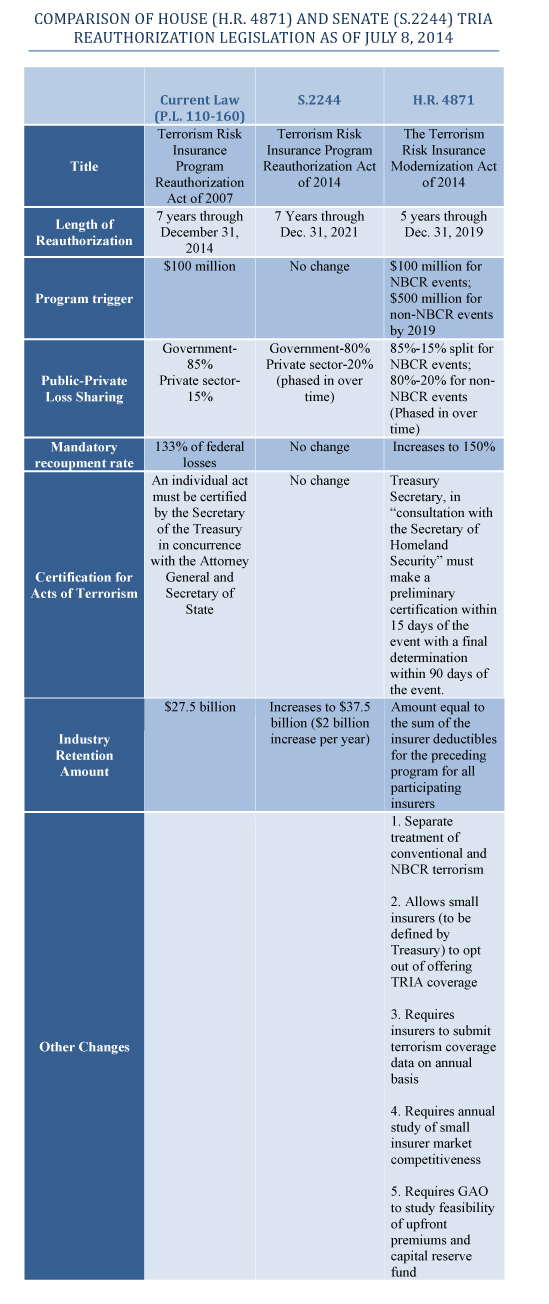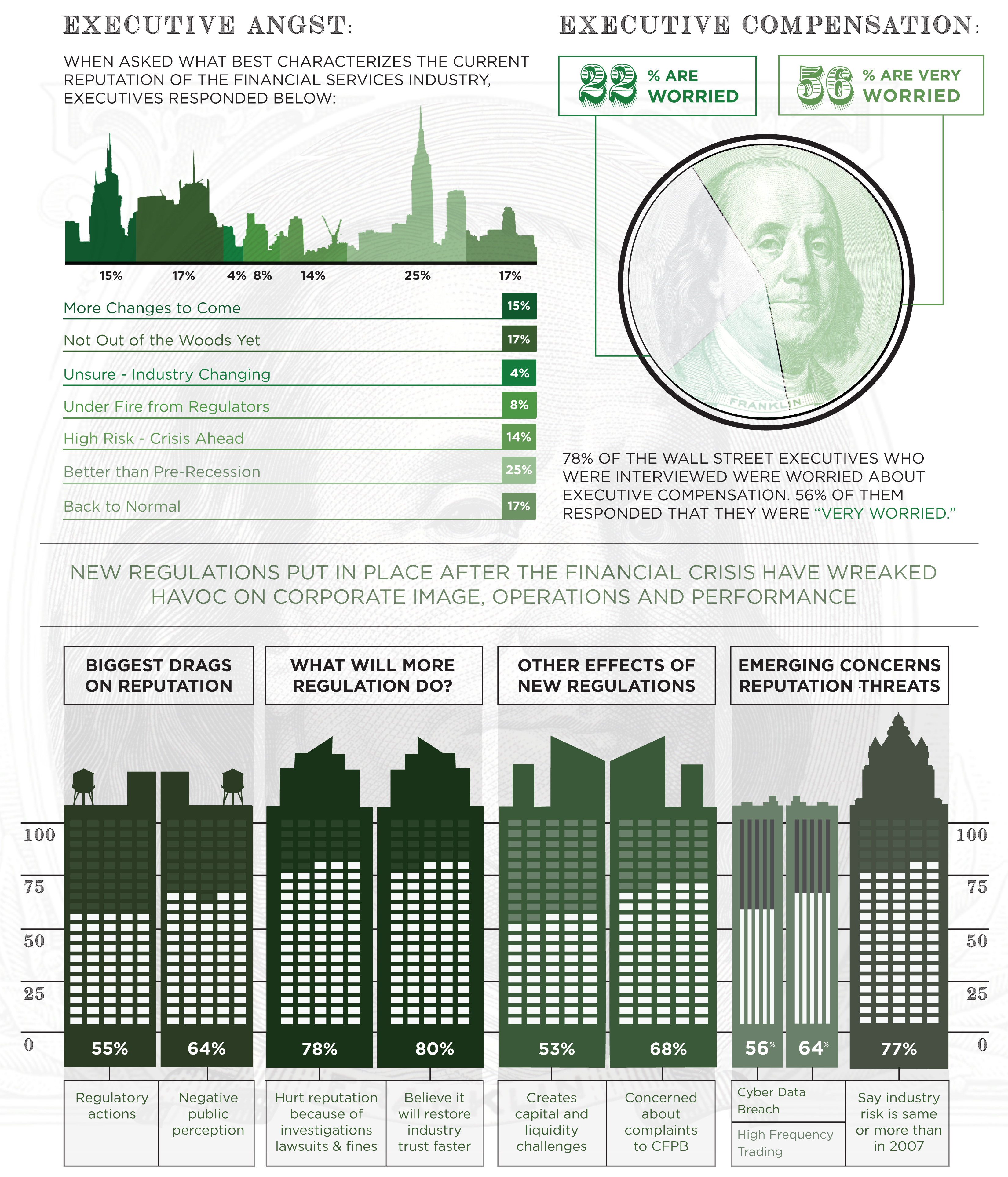Consumer complaints about pet insurance to the California Department of Insurance have prompted a new look at setting guidelines to regulate the coverage.
If passed by the Senate and signed into law by the governor, California would be the first state to impose requirements on this line of insurance. Assembly Bill 2056, introduced by Rep. Matt Dababneh, D-Los Angeles, would make policies more transparent, with disclosure requirements and a 30-day trial period for policyholders.
In support of the legislation, Rep. Dababneh stated, “Pet health policies are similar to other insurance policies; typically they have premiums, deductibles, co-pays, coverage limits and benefit schedules.” He added, however, that “policyholders have difficulty ascertaining the coverage limits, benefit schedules, preexisting conditions and other limitations of pet insurance policies, and can receive less for their claims than they expect.”
Under the legislation, pet insurance would be defined as a separate line within the insurance code, distinct from other miscellaneous lines. If passed, the law would establish required policy terms for all pet insurance policies serving California residents, and it would add clarity for consumers on what their policy covers.
Insurers would be required to disclose all exemptions up-front. Currently there are 21 exemptions, including neutering, hereditary diseases and treatment of fleas and worms, the Sacramento Bee reported.
The legislation would also:
• Require a pet insurer to disclose, in the policy and on the main page of its website, whether the policy excludes coverage due to preexisting conditions, hereditary disorders, or congenital anomalies or disorders.
• Require a pet insurer to reasonably disclose any policy provision that limits coverage through a deductible.
• Mandate a waiting period, coinsurance, or annual or lifetime policy limits.
• Require a pet insurer to reasonably disclose wither it varies coverage or premiums based on claims experience during the preceding policy period.
• Require a pet insurer that bases claim payments on usual and customary fees, or other limitations based on prevailing veterinary service provider charges, to include a provision in the policy that clearly explains how the claim will be calculated and disclose this information via a link of the main page of its website.
The pet insurance industry, made up of about 10 primary providers, has not taken a position on the potential legislation. Supporters of the new disclosure requirements, however, say they have a key endorsement from Veterinary Pet Insurance, the largest provider in the U.S., the Bee reported.




